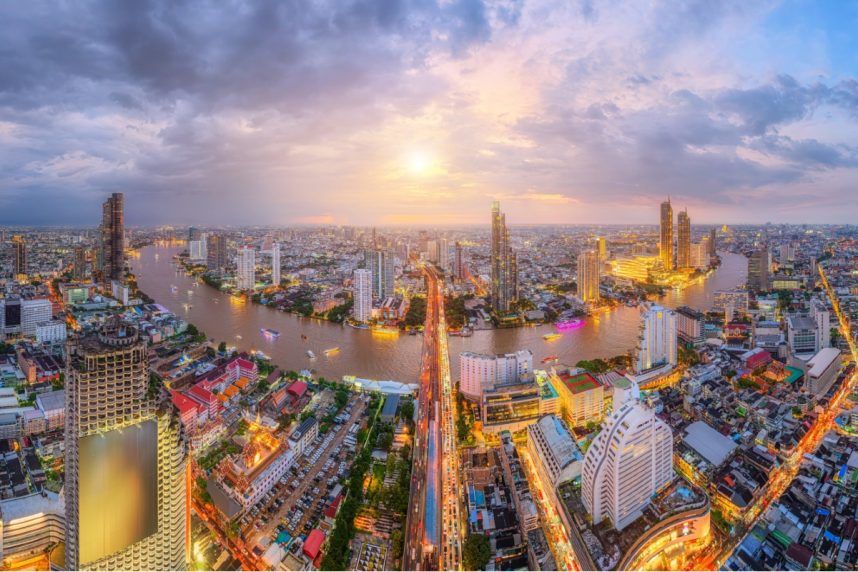Thailand Casino Bill Shelved Amid Political Unrest, Gaming Opposition
Posted on: June 28, 2025, 09:32h.
Last updated on: June 28, 2025, 09:32h.
- Thailand’s casino bill has been delayed
- The postponement comes amid political turmoil and public opposition
- Supporters say casinos would return foreign travel and investment
Thailand’s controlling party will not immediately reintroduce its Entertainment Complex Bill when the National Assembly’s House of Representatives convenes next month.

Following a major scandal that involved the killing of a Royal Cambodian Army soldier during a border conflict with Thai troops, and a leaked phone call from Thailand’s Prime Minister Paetongtarn Shinawatra in which she appeared to criticize her own military, the Bhumjaithai Party said it was leaving the ruling alliance of the National Assembly. Paired with strong public opposition to allowing casinos to come to the country, government leadership has decided to delay the controversial Entertainment Complex Bill.
In January, the casino statute — which sought to allow five gaming resorts — gained the backing of Shinawatra’s Cabinet. In March, the government designated Bangkok, Chon Buri, Chiang Mai, and Phuket as qualifying locations, with two properties reserved for the capital city.
Casino Movement Slows
The liberalization of casinos has been a pillar of Shinawatra’s premiership, an office she assumed only last August.
Nicknamed Ung Ing, she is the youngest prime minister of Thailand at only 38 years old and only the second woman to hold the office following her aunt, Yingluck Shinawatra. Paetongtarn is the third Shinawatra to be prime minister, along with her father Thaksin Shinawatra. Thaksin’s brother-in-law, Somchai Wongsawat, also served as prime minister.
Aside from the Monarch, the Shinawatra family has been Thailand’s most powerful family over the past quarter-century.
Thailand’s economy relies most on exports and tourism. COVID-19 greatly impacted Thailand, and while some tourism sectors continue to recover, its exports remain suppressed due to slowing global demand.
The implementation of casino resorts was a key factor in the Pheu Thai-led government to boost domestic and international tourism, specifically from China, and attract billions of dollars in foreign investment.
The casinos would also generate thousands of good-paying jobs, provide the government with an immediate influx of licensing money, and generate ongoing gaming and associated resort taxes.
Not The Time
With Shinawatra being asked to resign by her political foes, and public polling suggesting casinos are strongly opposed, Pheu Thai leaders and the PM have decided to put the Entertainment Complex Bill on hold.
However, Shinawatra isn’t folding on her casino ambitions. Party leadership says the delay will provide additional time for the government to relay to the public how gaming resorts will benefit the entire nation.
The Pheu Thai casino bill projects that the gaming resorts would boost foreign travel by as much as 20% and increase the average trip spending from international visitors by 22,000 baht (US$675).
The Asian casino market is amid uncertainty after Macau underwent significant changes during the pandemic. China forced the casino enclave to limit junket groups, the travel organizers that helped the mainland’s wealthiest citizens move their money through the tax haven, packaged into VIP gambling trips.
Junkets have since fled Macau for the Philippines, Vietnam, and, in the coming years, Japan. Thailand, a more developed country than the Philippines and Vietnam, and centrally located and easily accessible from China, could be a more attractive destination for Chinese travelers.
No comments yet